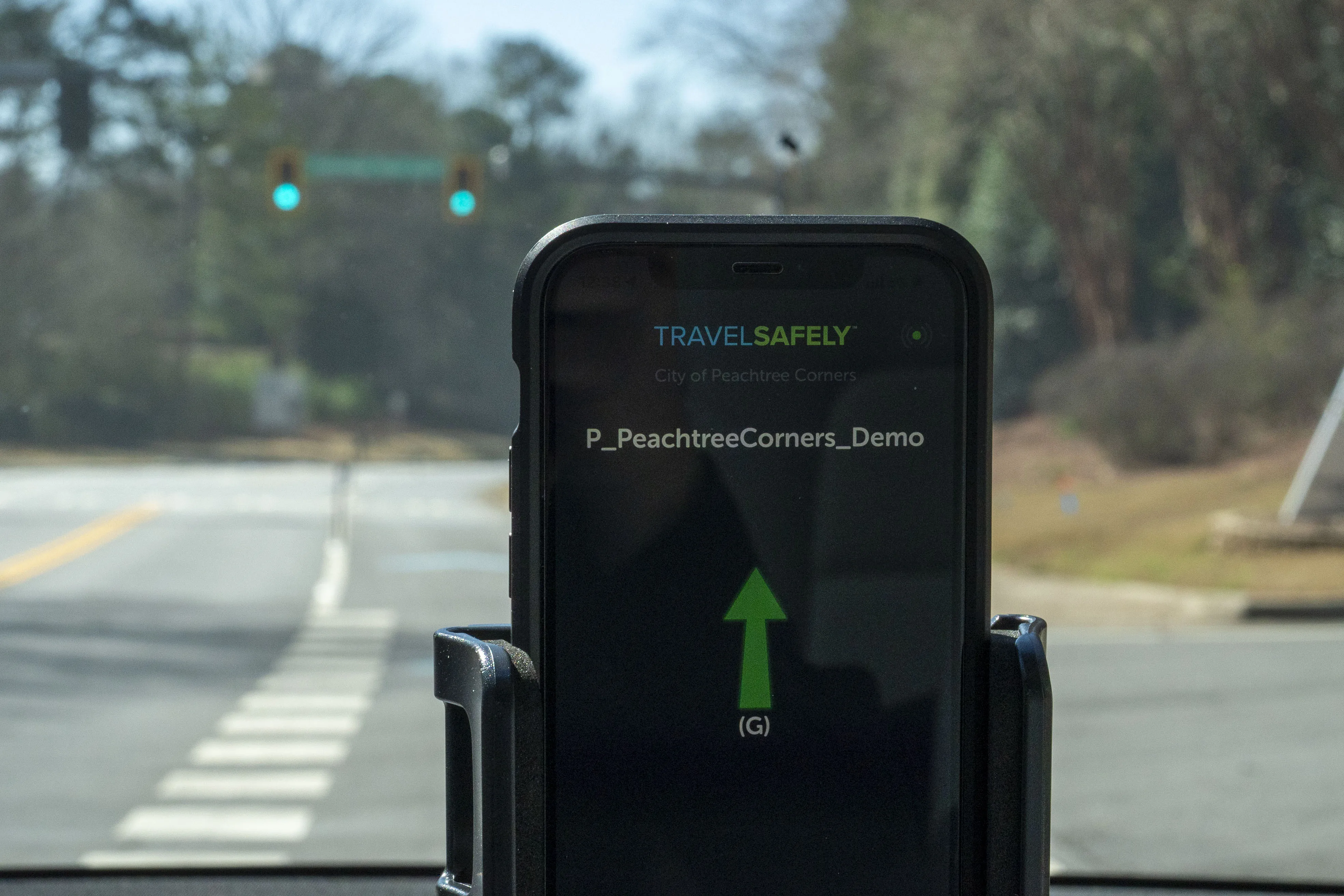Autonet Mobile, an application and connectivity platform for vehicles, has announced a strategic partnership with Bosch's Car Multimedia Division to manufacture its IP-based telematics control unit (TCU). The company’s automotive-grade device is built to be factory-installed and to access the vehicle's CAN Bus to drive the development of in-vehicle applications including key fob, parental control and fleet offerings.
April 26, 2012
Read time: 2 mins
"Partnering with Autonet Mobile provides a massive market opportunity to bring Internet apps into the vehicle," said Juergen Peters, regional president, Car Multimedia North America, Robert Bosch "Together, we're enabling a whole world of applications that communicate with systems throughout the car, including the head unit, sensor networks and instrument clusters, to enhance the driving experience."
Autonet Mobile's IP TCU is built on the company's patent-pending TRU Technology platform, which manages the vehicle on an IP network. The new system enables any automotive manufacturer to connect their cars to high-speed mobile networks and deliver new features that enable pervasive cloud computing, mobile apps and fleet telematics. The company is partnering with Bosch's Car Multimedia Division to manufacture an automotive-grade device that can be factory installed to speak directly to the vehicle's other systems as well as to external devices.
"There are more than 40 million cars produced each year," said Sterling Pratz, CEO of Autonet Mobile. "Our Internet-based TCU is the first part that has been specifically designed for any automotive manufacturer who wants to bring the app store into the car."









